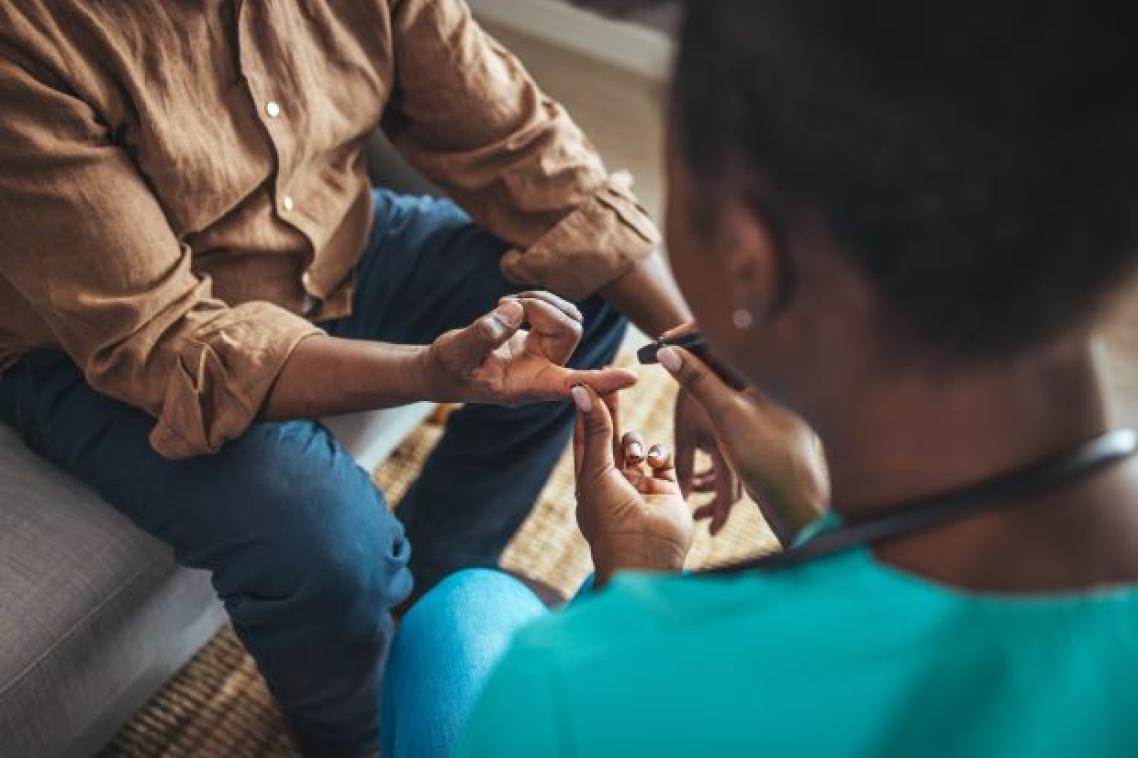Culturally tailored interventions key to combatting early onset type 2 diabetes

(Photo credit: Adobe. )
Culturally appropriate programs that build on the strengths and knowledge of Indigenous communities are crucial for reducing the burden of type 2 diabetes among young people, a University of Queensland study has found.
Dr Edmund Wedam Kanmiki and Professor Abdullah A. Mamun, from UQ’s Poche Centre for Indigenous Health, led a systematic review of research investigating programs aiming to prevent or manage type 2 diabetes among Indigenous people under the age of 25.
“Twenty-five studies involving 4,594 Indigenous children and young adults were included in our final analysis,” Dr Kanmiki said.
“First Nations children and young adults are more likely to develop type 2 diabetes much earlier in life than their non-Indigenous counterparts and the incidence is rising.
“Extended periods of high blood sugar is associated with early onset diabetes, which increases the risk of cardiovascular diseases including hypertension, high cholesterol, stroke, and myocardial infarction.
“It not only reduces life expectancy but impacts on a person’s quality of life and productivity, and places considerable strain on health systems resources.
“We wanted to review what’s already been done to address this disparity, so we have the evidence to co-develop the most effective programs with Indigenous communities.”
The researchers examined programs in 4 countries – Australia, New Zealand, Canada and the United States – which focussed on interventions to prevent or manage type 2 diabetes.
Professor Mamun said programs that used multiple strategies to improve knowledge and promote physical exercise, both within schools and the wider community, were the most effective.
“Most importantly, the key to success was applying culturally appropriate methods to engage children, like using Indigenous foods and games in the teaching and learning process," Professor Mamun said.
“Engaging community elders and leaders also helped improve children’s knowledge of their culture and how it supports the science behind healthy living.
“Given the enormity of type 2 diabetes in Indigenous peoples in Australia, we need to see more research and interventions which involve communities and measure clinical outcomes like blood glucose levels and weight.”
The study was supported by the Australian Research Council’s Centre of Excellence for Children and Families over the Life Course and the National Health and Medical Research Council.
The research is published in Endocrinology, Diabetes & Metabolism.
Media contact
UQ Communications
communications@uq.edu.au
+61 429 056 139
Topics
Related articles

Australia needs doctors – so why are hundreds of qualified international physicians unable to work?

Greater attention needed on community service workforce
Media contact
UQ Communications
communications@uq.edu.au
+61 429 056 139
